Curriculum – Pre School
Pre School Vision:
To raise Godly, creative children who are effective communicators and confident learners with a great sense of sportsmanship.
“Personalising learning means, in practical terms, focusing in a more structured
way on each child’s learning in order to enhance progress, achievement and
participation. All children and young people have the right to receive support and
challenge, tailored to their needs, interests and abilities. This demands active
commitment from pupils, responsiveness from teachers and engagement from
parents.”
“A vision of the Teaching and Learning in 2020” by Christine Gilbert
Learning is a continuous and lifelong process of personal development which involves building new concepts, knowledge, skills and attributes through a variety of experiences. We believe that every child is unique and can form positive relationships in an enabling environment which will ultimately lead to development and learning.
In Pre School, we believe in the concept of lifelong learning and in the idea that both adults and children learn new things every day. We create conditions for effective learning to take place and work very closely with parents to ensure a rewarding home-school partnership.
We use the principles of the EYFS, as well as ideas from the Montessori method of education, to prepare our children for lifelong learning.
Principles of the EYFS
- Unique Child – every child is a competent learner from birth who can be resilient, capable, confident and self assured.
- Positive Relationships – children learn to be strong and independent from a base of loving and secure relationships with parents and/or a key person.
- Enabling Environment – the environment plays a key role in supporting and extending children’s development and learning.
- Learning and Development – children develop and learn indifferent ways and at different rates and all areas of Learning and Development are equally important and inter-connected.
We believe that every child is unique and when they form positive relationships in an enabling environment, learning and development takes place.
Characteristics of Effective Learning
Play and Exploration – Children learn through experience and adults are involved in creating contexts for learning
Active learning – Children are mentally and physically engaged in learning, they make decisions and the learning is personalized.
Creativity and Critical Thinking – Children make connections between the familiar and the unfamiliar and their understanding is transformed as they explore various concepts; there is evidence of sustained shared thinking.
Effective Learning in our Infant School
Our pedagogy takes account of what the learner knows already in order for them, and those who support their learning, to plan their next steps. This includes building on prior learning while taking account of the personal and cultural experiences of our different groups of learners.
How we promote Effective Learning
In our Pre School, we:
– help children to feel happy, comfortable and safe through our child-centred activities and built for purpose facilities.
– build children’s confidence and self-esteem and enable them to develop positive, trusting relationships with adults and peers.
– ensure that children are challenged, encouraged and supported by peers and adults, including family.
– ensure that children are actively engaged in the learning process.
– consider children’s individual needs and interests when teaching.
– prior learning is linked to new learning
Outcomes of Effective Learning
The outcomes of effective learning that we seek to observe in our children include:
– connected knowledge of things, people and actions wide range of skills engagement in and motivation for learning
– a reflective and self-directive approach to learning
– a positive attitude to and an enthusiasm for learning
– a sense of membership and participation in a learning community
– the sense of achievement that learning brings
Areas of Learning and Development
Communication and Language:
- Listening and Attention – Children will learn to pay attention to what others say and respond appropriately.
- Understanding – Children will be able to follow instructions with more than one step or concept.
- Speaking –Children learn to express themselves effectively and demonstrate awareness of the needs of others.
Physical Development:
- Moving and handling: Children show control and coordination in large and small movements;
- Health and Self Care: Children learn the importance of physical exercise and a healthy diet; they can manage their own basic hygiene and personal needs independently.
Personal, Social and Emotional Development:
- Self Confidence and Self Awareness: Children are confident to try new activities and state their preferences; they are able to speak confidently in a familiar group and talk about their ideas.
- Managing feelings and behaviour: Children talk about how they and others show their feelings; they understand that there are acceptable and unacceptable ways to show their feelings and learn to adjust their behaviour to different situations. They play cooperatively and take turns with others.
Literacy:
- Reading: Children read and understand simple sentences; use phonic knowledge to decode regular words and read them aloud accurately; read some common irregular words; demonstrate understanding when talking with others about what they have read;
- Writing: Children use their phonic knowledge to write words in ways which match their spoken sounds; write some irregular common words; write simple sentences which can be read by themselves and others; write some words correctly and others that are phonetically plausible.
Mathematics:
- Numbers: Children count reliably with numbers from 1-50; place numbers in order; say which number is one more or one less than a given number; using quantities and objects, add and subtract two single-digit numbers; count on or back to find the answer;
- Shape, space and measures: Children use everyday language to talk about size, weight, capacity, position, distance, time and money; they compare quantities and objects and solve problems; recognise, create and describe patterns; explore characteristics of everyday objects and shapes and use mathematical language to describe them.
Understanding of the World:
- People and Communities: Children talk about past and present events in their own lives and in the lives of their family members; know that other children don’t always enjoy the same things and are sensitive to this; know about similarities and differences between themselves and others, and among families, communities and traditions.
- The World: Children know about similarities and differences in relation to places, objects, materials and living things; talk about the features of their own immediate environment and how environments might vary from one another; make observations of animals and plants; explain why some things occur and talk about changes.
Expressive Arts and Design:
- Exploring and Using Media and Materials: Children sing songs and experiment with ways of changing them; make music and experiment with ways of changing sounds; dance and experiment with ways of changing dance; safely use and explore a variety of materials, tools and techniques; experimenting with colour, design, texture, form and function.
- Being imaginative: Children use what they have learnt about media and materials in original ways, thinking about uses and purposes represent their own ideas, thoughts and feelings through design
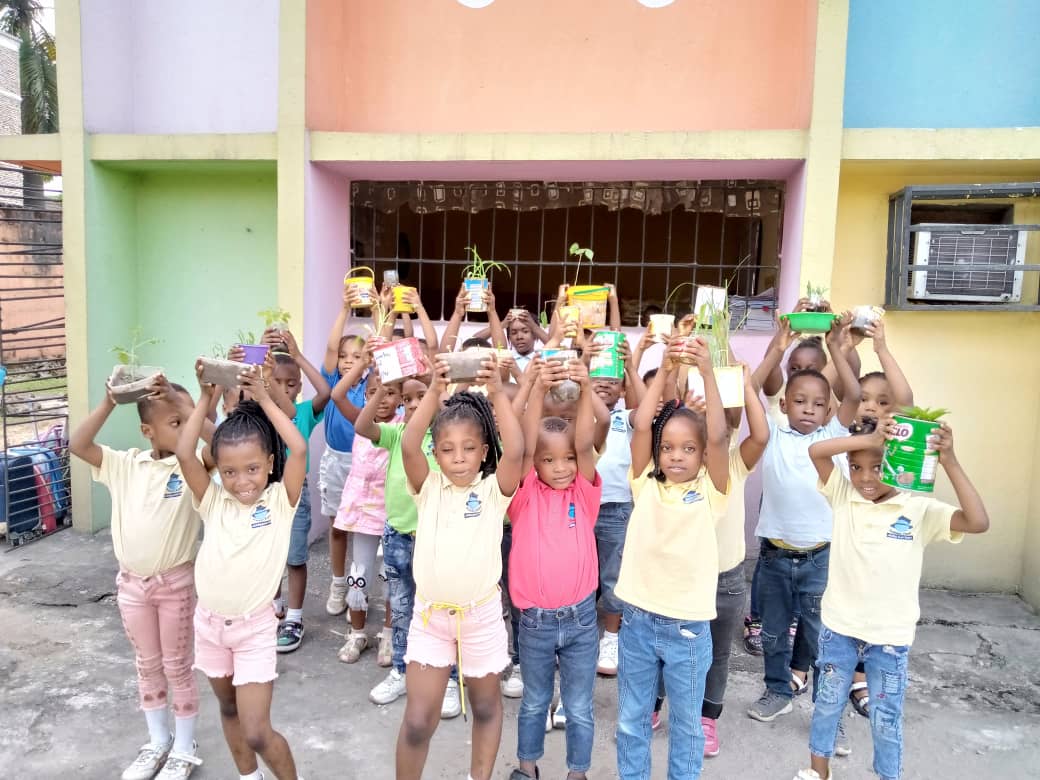
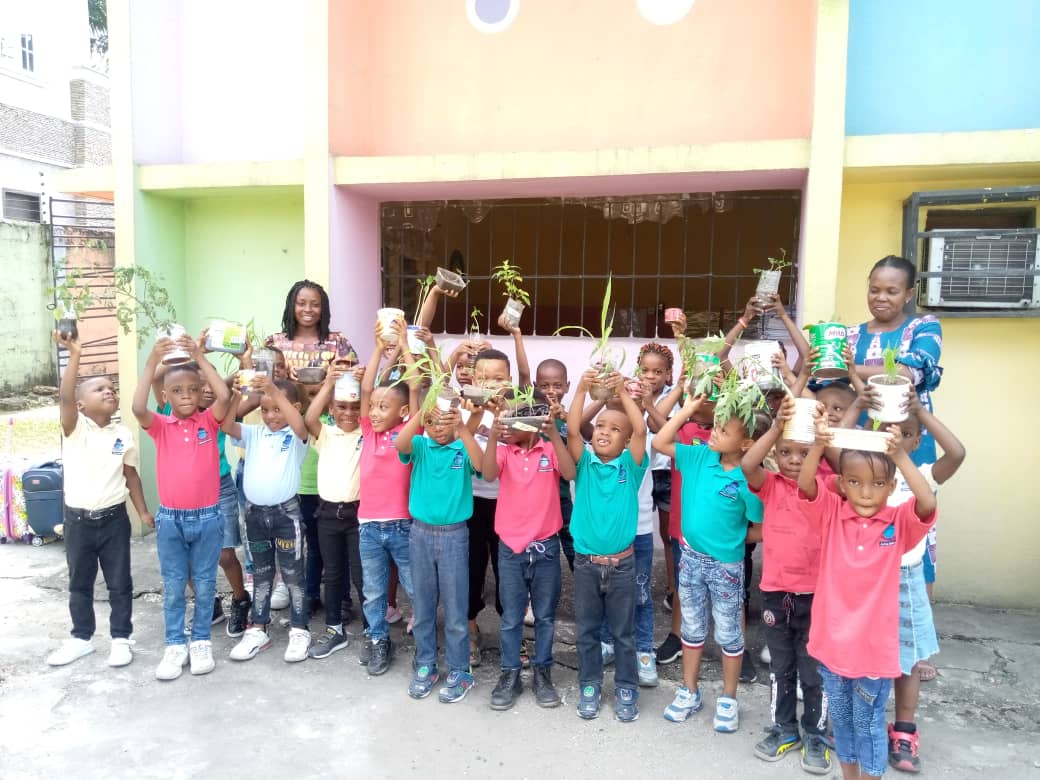
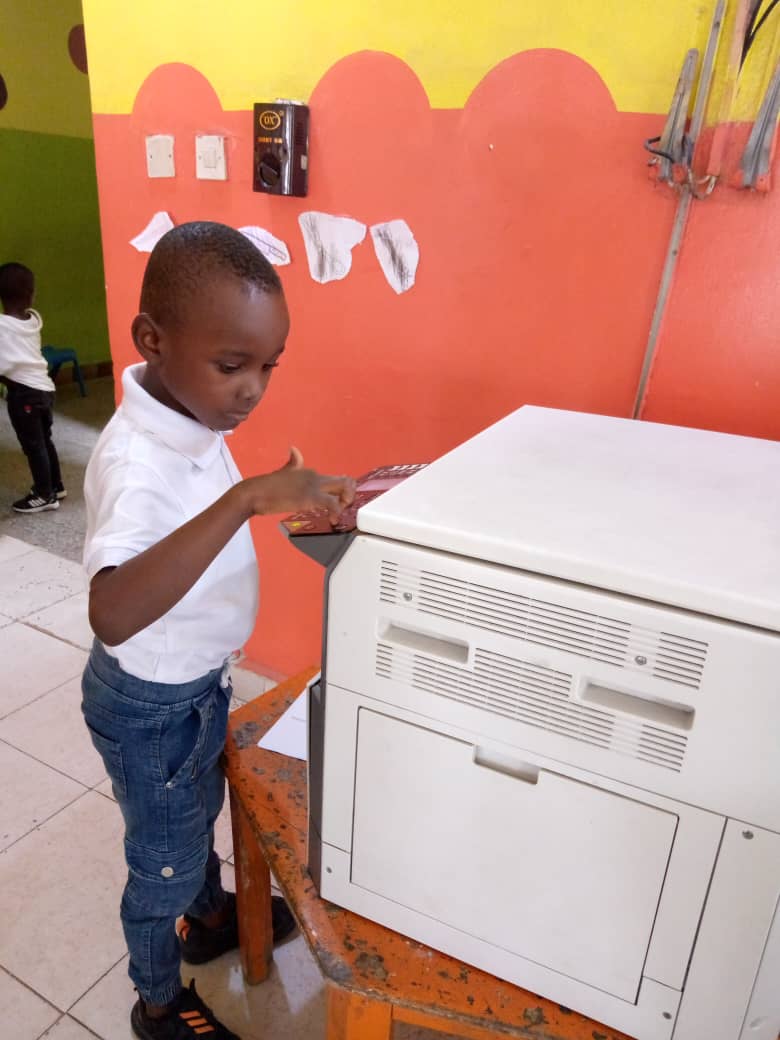
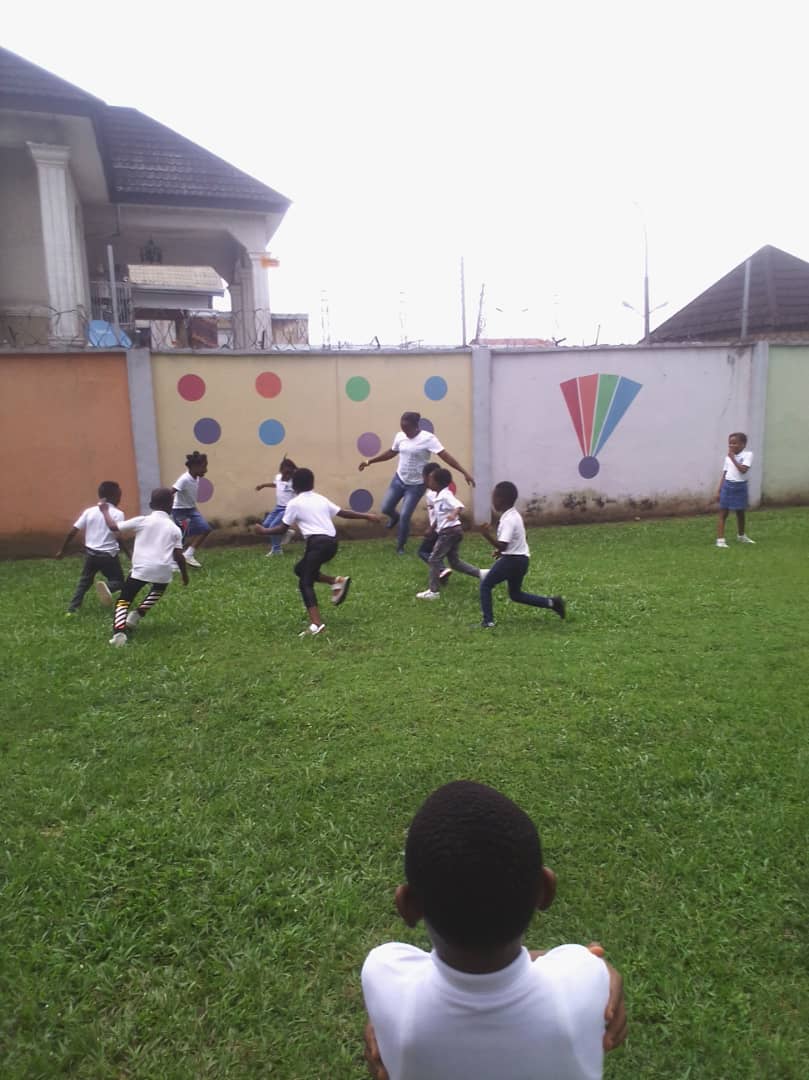
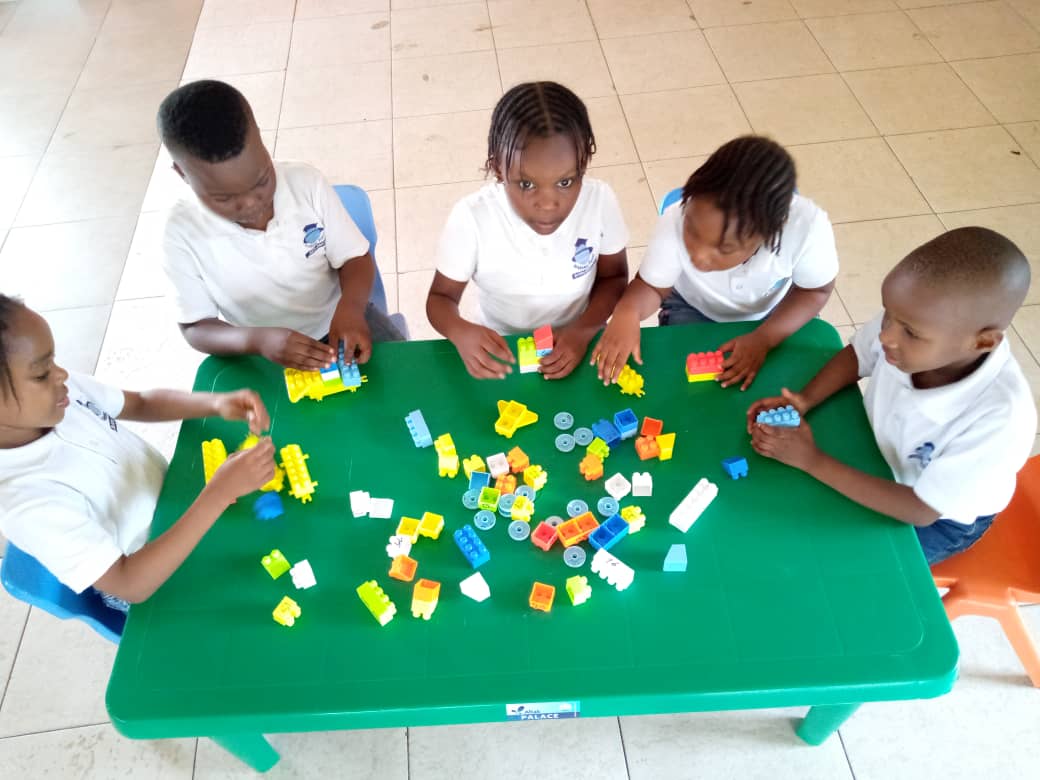
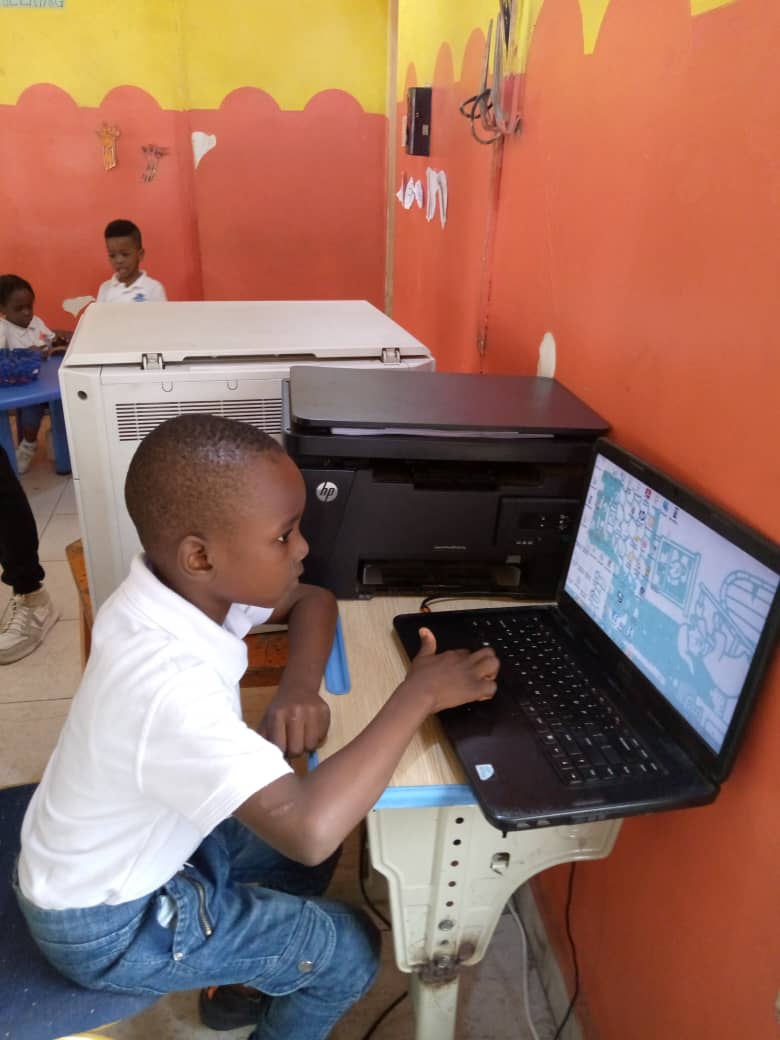

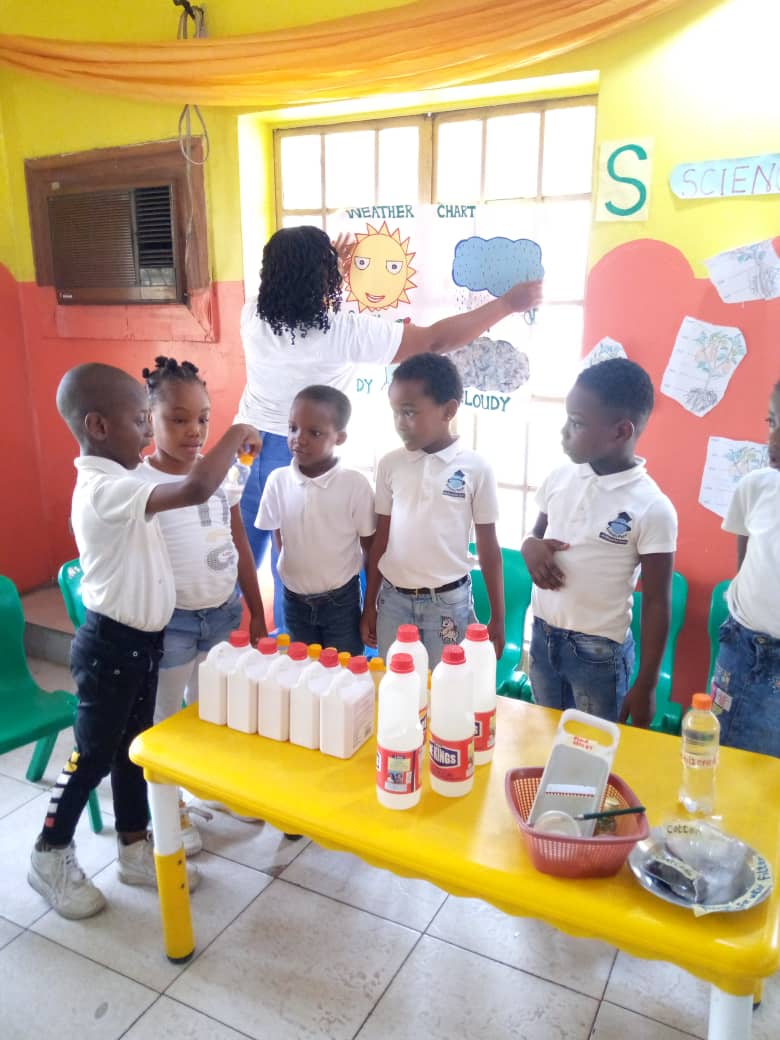
LITERACY IN THE PRE SCHOOL

The teaching and learning of literacy in our Infant School cuts across all learning areas in the EYFS. With the basic understanding that literacy is about reading, writing and understanding what has been read or written, we reinforce skills for reading through a strong phonics programme using the Letters and Sounds curriculum. Our children are exposed to a wide range of reading materials – books (electronic and hard copy), poems and other reading materials that ignite their interest.
NUMERACY IN THE PRE SCHOOL

Our children are encouraged to use their understanding of mathematical ideas to solve every day problems. We develop basic numeracy skills right from our lower nursery by emphasising number sense using number songs, using bespoke manipulatives and other resources. Children are encouraged to make connections with real life situations as they progress in our numeracy programme to prepare them for primary school.
SCIENCE IN THE PRE SCHOOL

We foster a lifelong love for science through our Understanding of the World programme. Children are actively engaged in making observations and conducting experiments to test their ideas even as they develop their collaborative, communicative and problem solving skills. Our science programme offers opportunities for children to remain curious about their environment and it also helps them form a base for the understanding of scientific concepts to be learnt later on in their schooling.
